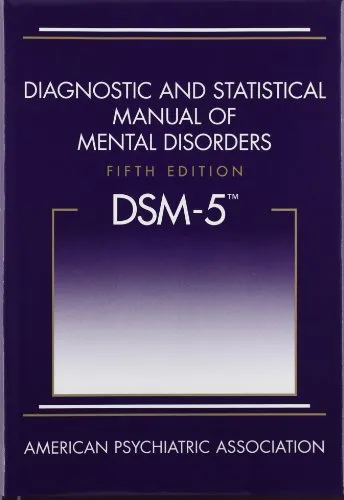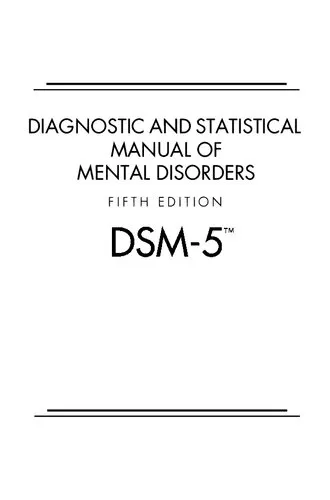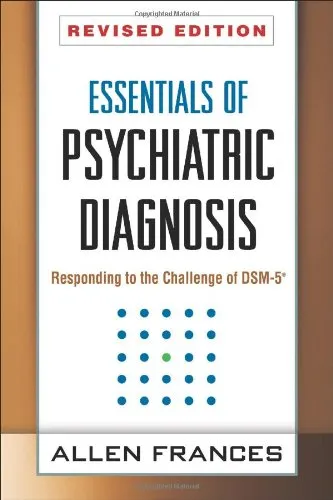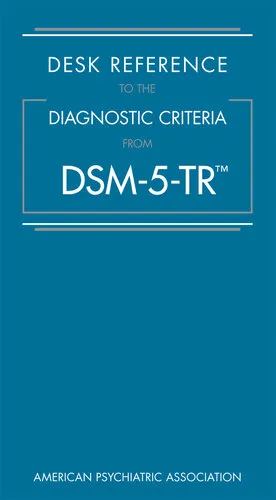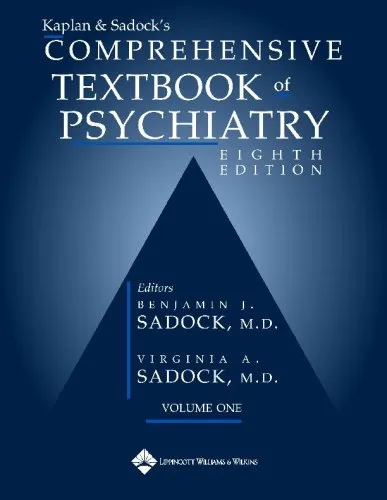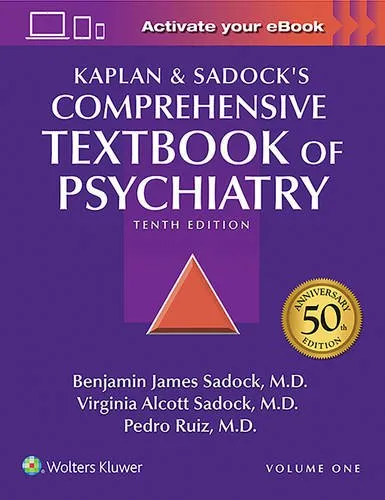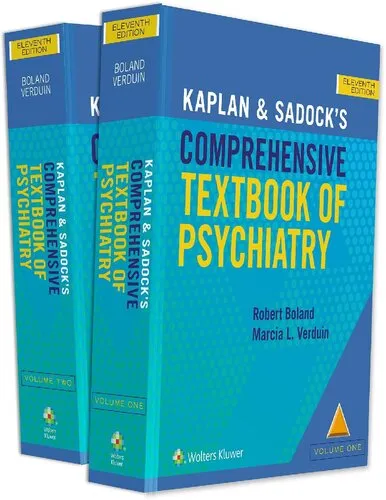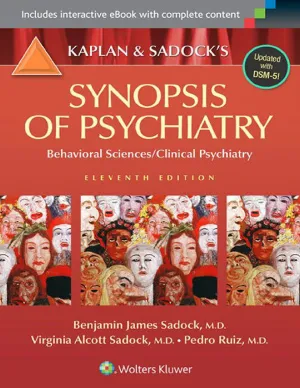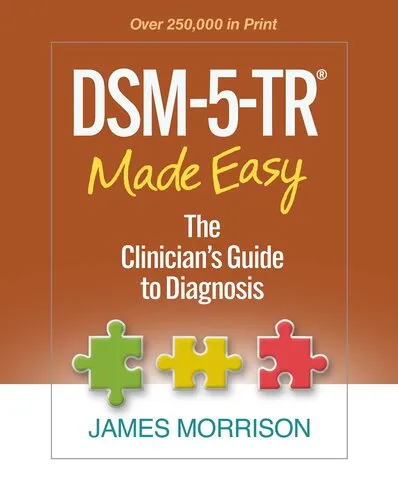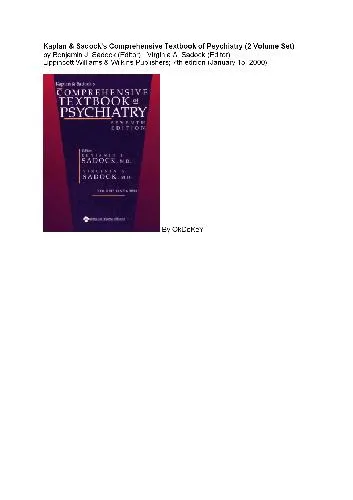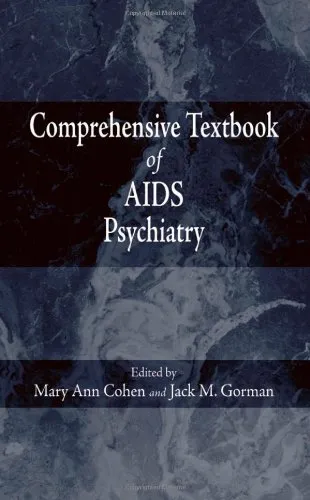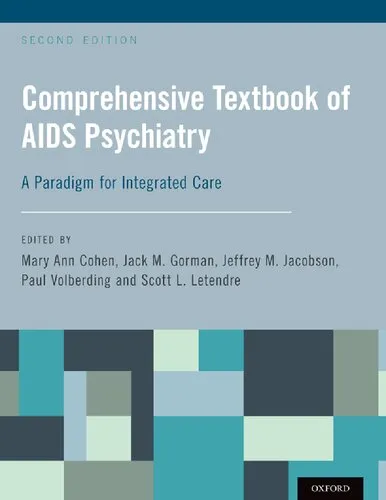Diagnostic and statistical manual of mental disorders : DSM-5
4.5
Reviews from our users

You Can Ask your questions from this book's AI after Login
Each download or ask from book AI costs 2 points. To earn more free points, please visit the Points Guide Page and complete some valuable actions.Related Refrences:
The "Diagnostic and Statistical Manual of Mental Disorders," Fifth Edition, or DSM-5, is a comprehensive resource developed by the American Psychiatric Association. This book serves as a critical tool for healthcare professionals within the field of mental health and psychiatry, providing standardized criteria for the classification and diagnosis of mental disorders. The DSM-5, with its detailed taxonomy and rich clinical insights, stands as a foundational work for the understanding and treatment of psychological conditions worldwide.
Summary of the Book
The DSM-5, first published in 2013, marks a significant update from its predecessor, DSM-IV-TR, reflecting advances in clinical practice and research. This edition introduces a spectrum-based approach to mental health, recognizing the nuances in symptom expression and the complex interplay of genetic, environmental, and developmental factors in mental disorders.
The manual is organized into three main sections. The first section provides an introductory guide on how to use the DSM-5, including changes and innovations introduced in this edition. The second section, which forms the core of the DSM-5, contains the diagnostic criteria and detailed descriptions for a wide variety of mental disorders, categorized into 20 chapters. The third section includes emerging measures and models, alternative DSM-5 model for personality disorders, and conditions that require further research.
Key Takeaways
- The DSM-5 offers a more nuanced understanding of mental health conditions, emphasizing the dimensional nature of these disorders.
- It provides a critical framework for clinical diagnosis, aiding in consistent and reliable identification of mental health issues.
- The manual bridges clinical practice with research, ensuring that the diagnostic criteria align with the latest scientific findings.
- DSM-5 introduces key updates, such as the integration of developmental and lifespan perspectives in diagnosis.
Famous Quotes from the Book
"The use of a common language, such as that provided by the DSM-5, allows for improved communication and operational standards in the diagnosis and treatment of mental disorders."
"Understanding mental disorders is critical in informing effective treatment strategies and improving patient outcomes."
Why This Book Matters
The DSM-5 is an essential resource for mental health practitioners, educators, and researchers. Its significance lies in its role as a unifying framework for understanding the complex landscape of mental health disorders. By providing precise diagnostic criteria, the DSM-5 facilitates accurate diagnosis, which is crucial for formulating effective treatment plans and improving patient care.
Moreover, the DSM-5 helps demystify mental disorders for the broader public, contributing to reducing stigma and promoting empathy for individuals experiencing mental health conditions. The comprehensive nature of the DSM-5, combined with its adaptability to incorporate new research findings, makes it an indispensable tool in the continued effort to understand and treat mental illness.
Free Direct Download
You Can Download this book after Login
Accessing books through legal platforms and public libraries not only supports the rights of authors and publishers but also contributes to the sustainability of reading culture. Before downloading, please take a moment to consider these options.
Find this book on other platforms:
WorldCat helps you find books in libraries worldwide.
See ratings, reviews, and discussions on Goodreads.
Find and buy rare or used books on AbeBooks.
1533
بازدید4.5
امتیاز0
نظر98%
رضایتReviews:
4.5
Based on 0 users review
Questions & Answers
Ask questions about this book or help others by answering
No questions yet. Be the first to ask!
